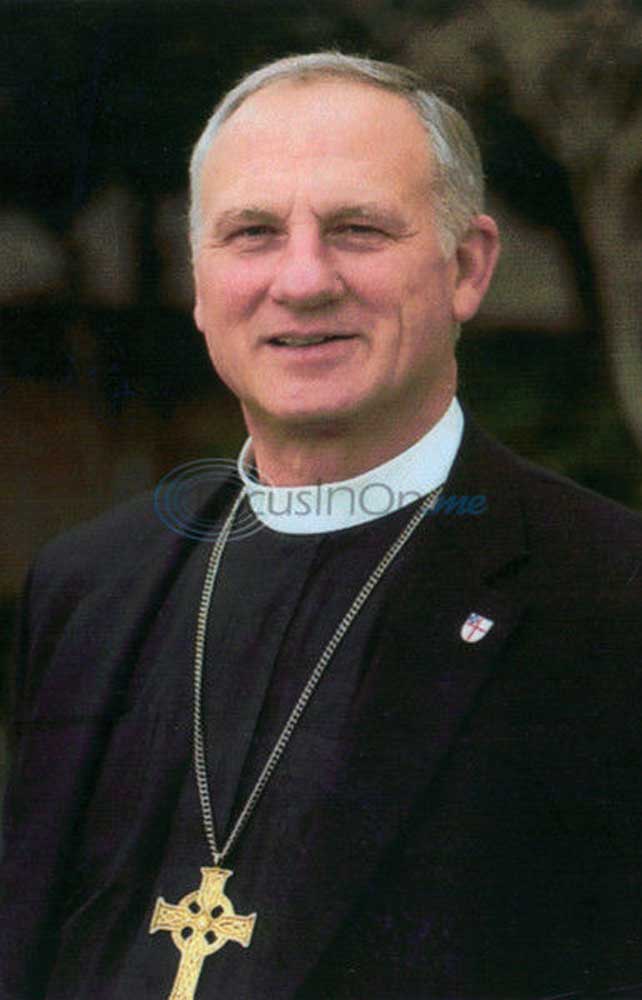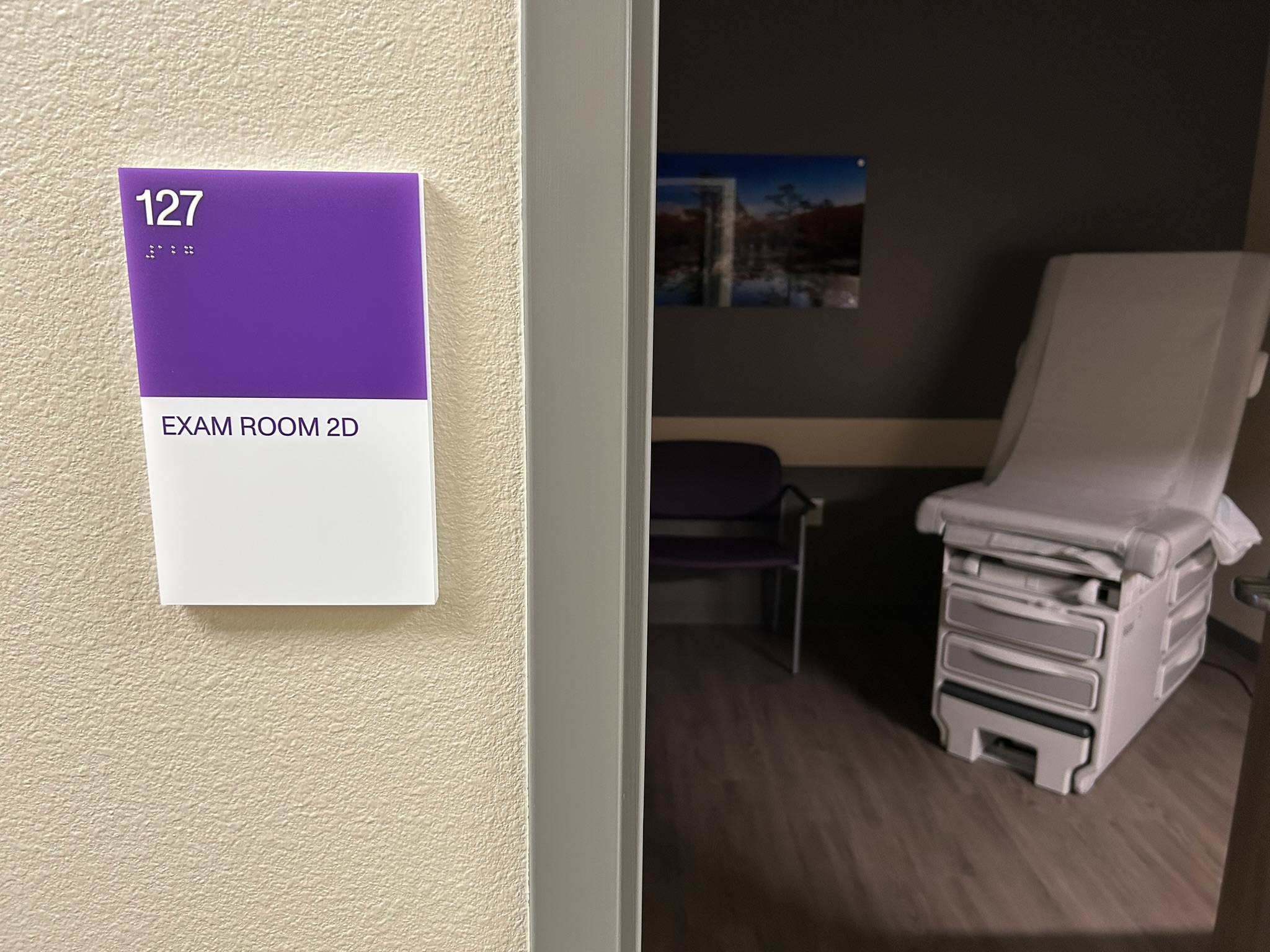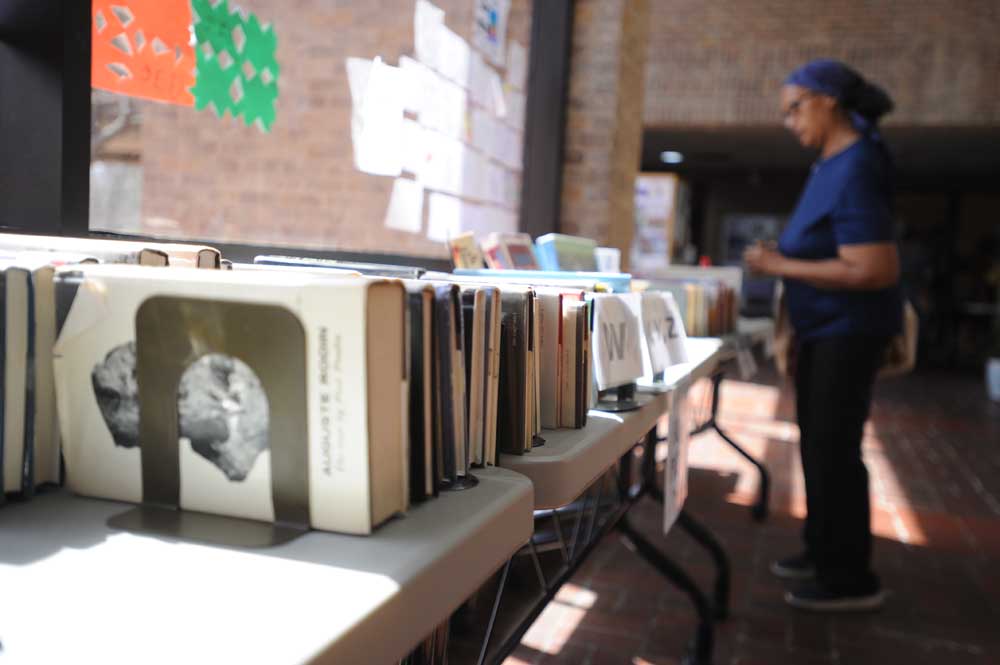Love, unity mark Episcopal priest’s career
Published 3:51 am Thursday, September 10, 2015
Growing up in the town of Meridian, Mississippi, the Very Rev. M.L. Agnew experienced cooperation and giving at its finest.
Although that may sound contradictory given he grew up in the segregated South, it was the love he received from his family and community and the unity he saw span denominational divides that became a part of the very fabric of his being.
So much so that it shaped the way he has lived and worked throughout his adult life – loving people and collaborating with them to do good.
“What I believe ministry is all about is helping people see as God would see, then (having) the courage and the grace to do something about it,” Agnew, 73, of Bullard, said.
On Thursday, the local nonprofit People Attempting To Help, or PATH, will honor Agnew with its Gertrude Windsor Award for exemplary service to the community. Ms. Windsor was the founder of the organization, but it was Agnew and other local religious leaders who took her passion and idea and made it a reality 30 years ago.
A helping hand
Agnew was rector at Christ Episcopal Church in the 1980s when he received a call from a parishioner who said Mrs. Windsor, a member of another local church, had people in need showing up at her door and she was concerned they were falling through the cracks.
“What can we do?” the person asked.
At the time, Agnew was meeting weekly with several other local religious leaders to talk about theological issues and encourage one another.
Since they were already meeting, the men committed to create a ministry, PATH, which would be cooperative and communal in nature.
“We were trying to be a hand that would help people up rather than a handout,” he said, adding that they wanted to create accountability.
PATH’s first home was in the basement of Christ Episcopal Church, and today it is located just blocks from its original home.
“PATH 30 years later is a continuation of (Mrs. Windsor’s) vision and the cooperative effort of interfaith leaders in Tyler, Texas,” Agnew said.
A nurturing environment
The spirit in Agnew that jumped at the opportunity to do such a thing was birthed many years before. The oldest of three sons, he was born and raised in Meridian, Mississippi, a town of about 50,000 at the time, located off Interstate 20. His father worked as a switchman for Southern Railroad and his mother did secretarial work.
Agnew, whose full name is Martin Luther Agnew Jr., said he was blessed to have a great grandfather he called “Pop,” who loved the church and lived next door.
Pop held Agnew’s hand each Sunday as they walked to St. Paul’s Episcopal Church and sat in the same pew each week.
His mother was gifted with her hands and some of her creations were on display in the Sunday school room.
“I was surrounded by an environment of affirmation,” Agnew said.
Growing into his future
The rector there had a strong influence on Agnew. The man modeled compassion and sensitivity. He was a leader in the interfaith community and inclusive in his understanding of God’s creation.
Agnew said he demonstrated respect for humankind regardless of race or ethnicity and was a great model and mentor of faithfulness.
Agnew served as an acolyte, or altar boy, and sang in the choir.
“The church represented to me everything a community ought to be,” he said.
While Agnew grew spiritually, he also developed athletically.
As a high school senior he was thinking about playing football in the Southeastern Conference, but a trip to Sewanee, The University of the South, in Tennessee, changed his mind.
The beauty of the Episcopal university and the opportunity to play three sports – football, track and baseball – instead of one, sold him.
He excelled there, earning Little All-American status as quarterback and leading the football team to an undefeated 1963 season. In 2004, the university inducted him into its Hall of Fame during its inaugural ceremony.
Although he put ministry on the back burner during his college years, by his senior year, he realized and believed it was his call.
Still, he tested the National Football League waters by playing for the Pittsburgh Steelers farm team before getting cut and playing for the Washington Redskins “taxi squad” while at Virginia Theological Seminary. Ultimately, though, he found his niche in ministry.
“My family, church and athletics have been the trinity of my life,” he said.
A lifetime of service
Agnew’s career has found him serving churches and schools in Mississippi, Tennessee, Texas and Louisiana.
Perhaps most notably, he served for 22 summers as a chaplain at St. Anne’s Episcopal Church in Kennebunkport, Maine, where former President George H.W. Bush, his wife, Barbara, attend when they are at their home there.
Agnew served for nine years at Christ Episcopal Church in Tyler.
He said a hallmark of his ministry has been working collaboratively across denominations.
“I happen to be Episcopalian, but more important than that I’m a child of God,” he said.
Regarding growing up during the segregation era, he said that did not limit his concern for a brother or sister of another race, religion or ethnic group. In fact, Agnew serves as the priest in charge at St. John’s Episcopal Church, a predominately African-America church on West Vance Street in Tyler.
It’s his enthusiasm for life and love for people that endear Agnew to those who know him.
Longtime friend Barbara Bain, who met Agnew when he was her minister at Christ Episcopal Church, said he is a caring and charismatic man.
“He’s always there whenever you need him,” Mrs. Bain said. “He’s very motivational in his love for Christ and he lives that way. His communication skills are unbelievable, and if he meets you once he’ll always remember you.”
Trey Yarbrough, who also met Agnew through Christ Church and shared the connection of attending the same university, said he’s hard-pressed to think of anyone who enjoys and appreciates what it means to be a human more than Agnew.
“I think a fundamental theme of M.L.’s life, underlying all of his marvelous traits, is a deep and authentic love of life and love for people,” Yarbrough said in an emailed statement. “I think this love, which he demonstrates in so many ways, stems from M.L.’s profound awareness that he is a child of God. M.L. knows in his heart of hearts that he is God’s beloved. And that knowledge gives rise to not only an incredibly joyful perspective on life, but an affection and love for others that is contagious.”
For Agnew, neither life nor service is about self, but others.
“It’s not about who we are,” he said, “but have we shared who we are so someone else feels good about who they are.”
TWITTER: @TMTEmily
Local nonprofit PATH will recognize the Very Rev. M.L. Agnew at its 30th anniversary celebration on Thursday.
“Reverend Agnew was one of the founding Board members of PATH and has shared his heart with this organization,” PATH executive director Greg Grubb said. “He has continued to be influential to both PATH and our community.”
As former rector of Christ Episcopal Church and former chaplain at All Saints Episcopal School, Agnew has made a significant contribution to the lives of others, Grubb said.
Larry James, CEO for CitySquare, a faith-based human and community development corporation, is scheduled to be the keynote speaker at the 30th anniversary luncheon. He will share his insights from years of working with the poor.
PATH is dedicated to helping Smith County’s economically disadvantaged residents on the road to self-sufficiency. Visit TylerPath.org or call 903-597-7284 for more information.
Timeline:
October 1984 – PATH is formed by Mrs. Gertrude Windsor, John Bradberry, Rev. M.L. Agnew, Rev. Doug Vaughan, Dr. Charles Siburt and Dr. Robert Jenkins.
July, 1985 – PATH starts operation in the Christ Episcopal Church basement
Fall, 1985 Stephanie Connell is named PATH’s first Executive Director
1986 – PATH moves its operation to its first home at 113 E. Houston St.
December 1986 – Nancy Lamar is named PATH’s second executive director.
Fall 1988 – PATH starts the annual Coats for Kids drive and distributes 2,000 coats.
August 1989 – Purchase of the 402 W. Front St. Building from TJC.
1991 – PATH’s mission statement is updated to include a focus on encouraging self-sufficiency, in addition to the original emergency assistance programs.
1992 – Housing program begun with the formation of Tyler Community Homes (originally a separate nonprofit).
October 1996 – Mrs. Windsor serves on the board of directors until her death at age 100.
January 1998 – Gail McGlothlin is named PATH’s third executive director.
January 2004 – Christina Fulsom is named PATH’s fourth executive director.
February 2011 – Trudy Richardson (Mrs. Windsor’s granddaughter) serves on the board of directors until her death at age 59.
November 2012 – Greg Grubb is named PATH’s fifth executive director.
Source: PATH







